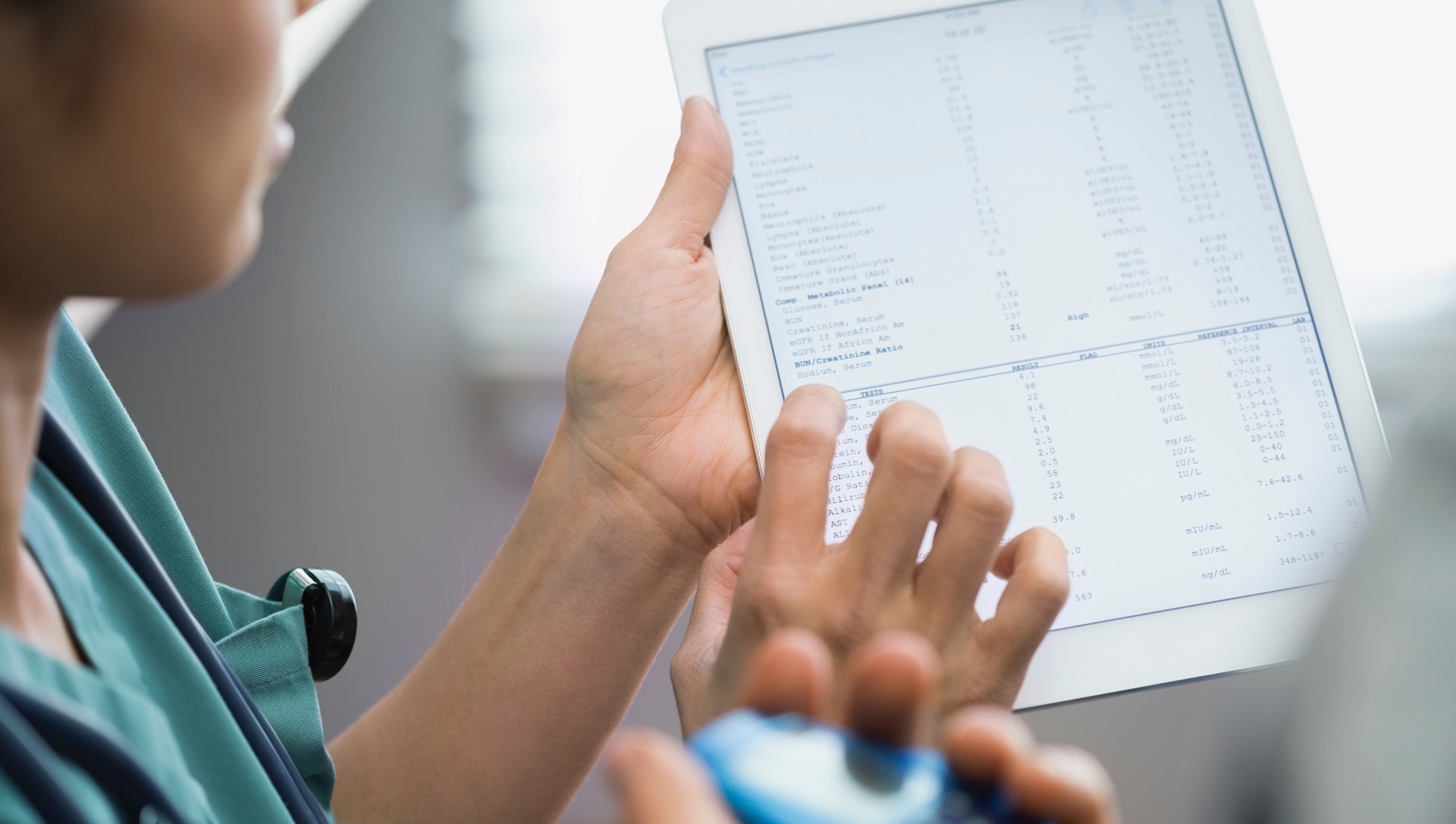"The reason it was approved is because we are proposing a business model that improves security, moves us to a cloud-based delivery model, and redesigns business. This model conservatively estimates 800 percent ROI, and perhaps more," says Jose Arrieta, HHS Associate Deputy Assistant Secretary for acquisition and co-founder of this first federally authorized blockchain. "This solves major problems in the HHS agency, because it allows us to have visibility into multiple separate, disparate, siloed data sets and gives us a flexible set of capabilities to rebuild the business by separating data and process."
One of the major challenges the ACCELERATE program solves is enabling faster market research with real time data and intelligent analysis, resulting in massive savings for the HHS acquisition department, which spends approximately $24B annually. This new way of aggregating, verifying, and distributing information using blockchain technology is expected to allow HHS to capture a portion of $2B in spending on $9B in annual product expenditures.
Arrieta added that this approach lowers risk and allows for modernization of the business mission, and all at a cost of $2.2M (so far), with the program only getting underway during April 2018 and already being approved.
The adoption of blockchain across the federal agencies is predicted to save the government (and taxpayers) hundreds of millions of dollars. Arrieta says that by allowing the 20,000 individuals in the acquisition workforce to have access to one standardized set of data and increasing visibility in that data, the workforce can focus on critical thinking instead of linear processes and administrative tasks.
"And then that lowers your costs, and increases efficiency and flexibility," he said. Arrieta added that the goal is to leverage and increase visibility into "millions of pages of unstructured data about prices, terms, and conditions." It also provides that information in real time, in order to make better business decisions. "Without blockchain, this would not be possible," he noted.
Arrieta likes to use his "Target example" to explain plainly how it works for contractors and vendors: "Imagine you go to Target. You’re in line to pay and you google the product you’re buying and see it’s $20 cheaper on Amazon, so the cashier gives you a discount. Why? Because you’ve been empowered with information. We’re giving our contractors that same ability."
What it also means concretely is that market research administrative processes – which used to take up to six months – will now take seconds. In addition, by aggregating data in real time and providing that information to medical researchers, it frees up their time and effort, enabling them to focus on their goals and objectives. "Cancer researchers should not spend their time learning processes and regulations," Arrieta says. "They should spend their time researching cancer."








